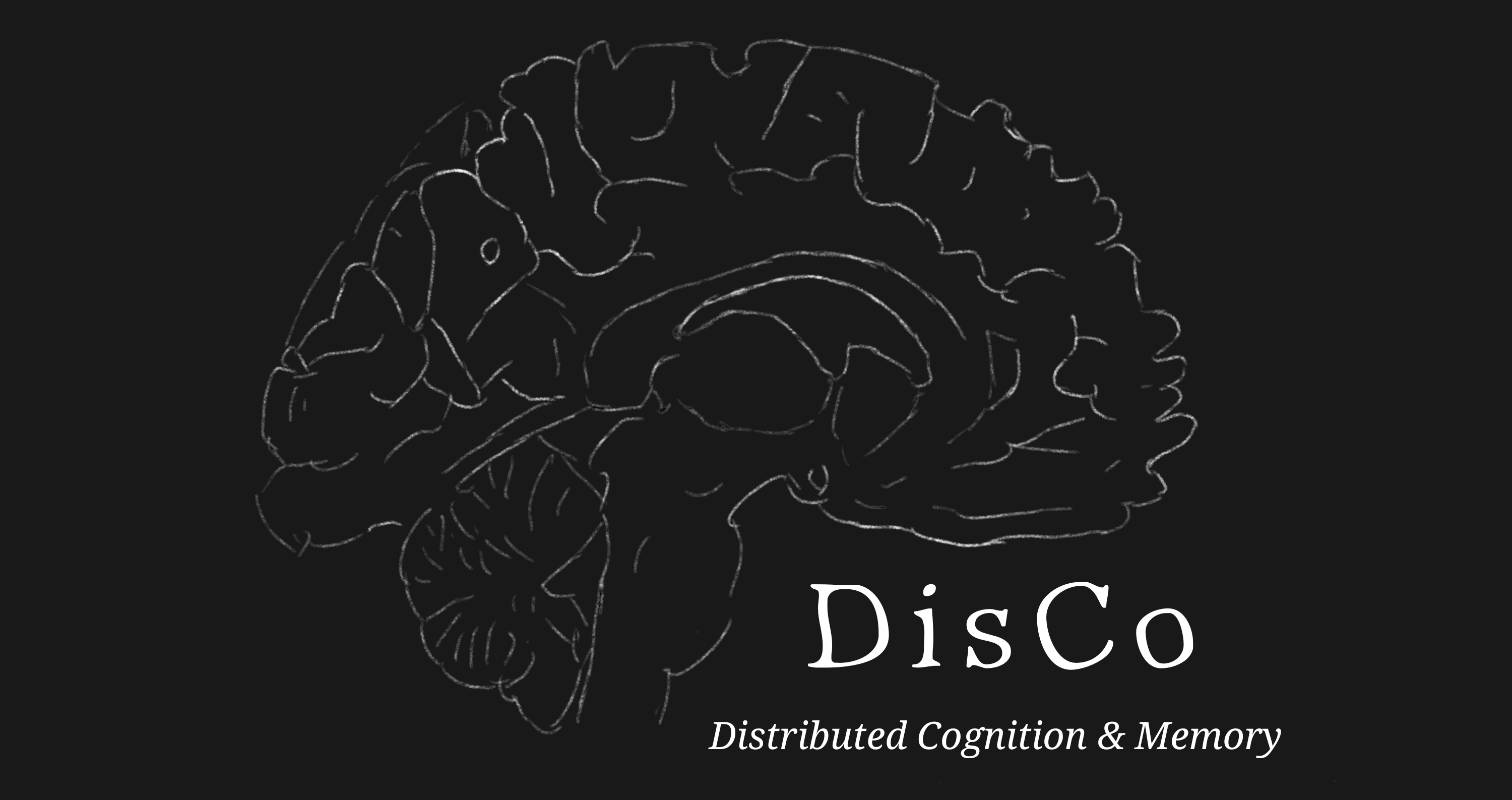How we work
Work ethics
- Our lab relies on shared decision making. Every member of the has a different background and different experiences and are involved in individual projects to various degrees. Combining this collection of skills, insight and knowledge helps us to make better decisions. It is essential for every lab member to have agency over the work that they do and running a project that does not make sense to you is not an option.
- On an individual level, we aim to have a sensible mix of safe but incremental and ambitious but risky projects. On a larger scale, we do not aim to maximize the (perceived) riskiness or safety of any given project but we aim to maximize the expected long-term value of our research (i.e. the summed value of all possible outcomes when multiplied with their relative probabilities).
- Mistakes are a natural part of research work, delays are frequent and projects without a tangible outcome are a real possibility. Setbacks are an opportunity for learning and not a reason for shame.
- Learning is part of everyone’s work in the lab. Learning entails spending time not on the specific problem of your project, even if that learning does not have an immediate effect.
- Overwork and burnout are real risks in research work. While scanning schedules and conference deadlines sometimes lead to extra hours and sometimes we want to analyze the new data over the weekend, we aim to compensate for these extra hours with free time and we do not encourage this overwork.
- Research is an inherently collaborative activity. Helping others to succeed is an integral part of the work of every lab member. This notion extends to work with other researchers and we thus aim to share our insights, methods, and data as broadly as possible.
- While different projects require different resources, we aim to divide limited resources in a fair and transparent way. We work to ensure that supervision time is never a limited resource.
- The progress that other people make in their project is not a benchmark for anybody else’s progress. One person’s luck or success is not another’s downfall.
Recruiting
- Recruiting (particularly for a long-term contract) affects everybody in the lab. Thus, recruiting is a team decision.
- We aim to minimize bias during the initial stage of the recruiting, by using a standardized recruiting form. We want to know about your skills first, your CV later.
- We aim to keep our applicants informed to the best of our ability throughout the process. Every serious application deserves some feedback.
- Informed decisions are good decisions. For long-term contracts, we schedule a series of meetings and plan to use exercises to know more about our applicants’ skills.
- Recruiting is a process where both sides need to make an informed decision. While we want to learn as much as possible about our applicant, we also want to provide applicants with any information they might need to make that decision.
- Recruiting procedures for internships, theses and lab rotations are less elaborate, but follow the same principles.
Practical
- The lab has been working in our home-offices for most of the time since we started working together. We have returned to our lab at the BCAN (housed inside the Charité, Berlin Mitte) since 2023 and work both from home and in office.
- We use discord for team communication, git for code sharing, and a variety of online tools for working together. For data analysis, we use the dedicated compute and storage servers of the lab (housed by the BCCN, via VPN). We share computational resources with other groups, if necessary,
- We have a weekly lab meeting (Wednesday 10 am). During the lab meeting everyone presents a single slide representing their progress through the week. After the lab meeting, everyone meets with Thomas. Additional meetings happen throughout the week as necessary.
- We organize joint lab meetings with other groups to challenge our assumptions, minimize groupthink and share our insights.
- We reevaluate our mission and procedures during our yearly retrospective (in January).
